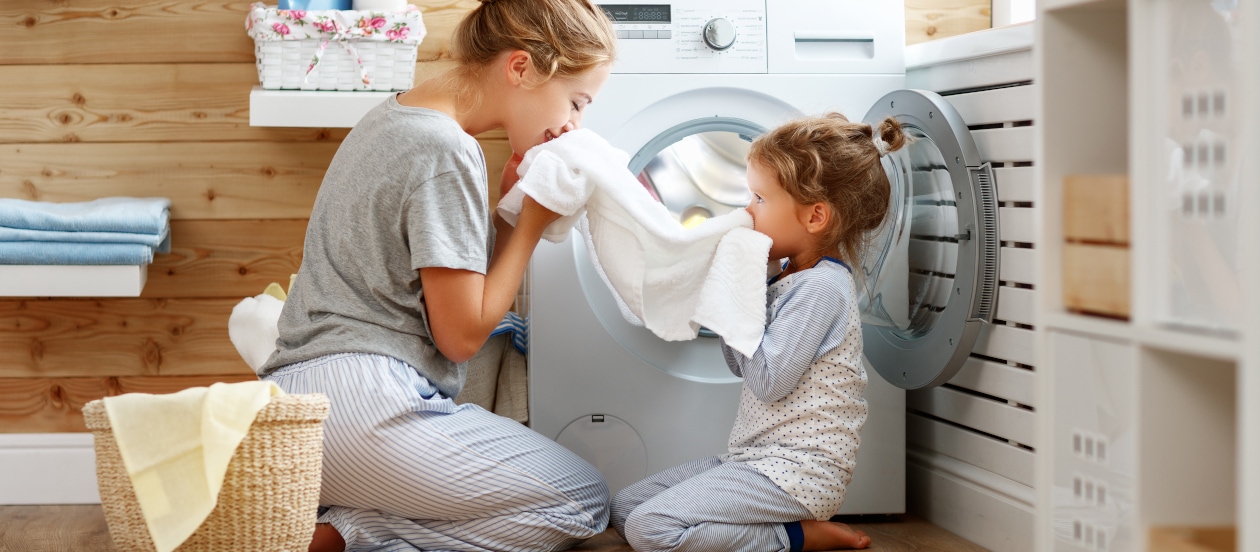Save Money and Energy: Finding the Best Time to Do Laundry

Keeping clothes clean is essential, but the laundry process can be a hidden drain on your wallet and the environment. By strategically choosing when to do laundry, you can significantly reduce your energy consumption and save money on your utility bills. This article explores the best times to do laundry and offers additional tips to create a more sustainable laundry routine.
When is the best time to do laundry?
The best time to do laundry depends on a few factors, including your energy tariff (how your utility company charges you) and the climate where you live. Here are the main things to consider:
The best time to do laundry to save energy
Energy companies often charge more per unit of electricity during "peak hours". These are usually in the late afternoon and early evening when energy demand is highest.
To save money, aim to run your washing machine and dryer outside these hours. Ideally, the best time to do laundry to save energy is either early in the morning or late at night.
In warmer climates, morning laundry can help offset using your air conditioning later in the day, as the dryer will warm up the space.
Conversely, if you need to run a heater in the winter, doing laundry in the evening lets the appliances provide a touch of extra warmth.
The best time to do laundry on weekends
Weekends can offer a bit more flexibility, and energy rates may be lower overall. However, many people also have other chores and social plans, so fitting laundry in requires some scheduling. If possible, the same principles of avoiding peak hours still apply.
The cheapest time to do laundry in the UK
Many UK utility companies offer time-of-use tariffs (like Economy 7), where you pay less for electricity used overnight. In general, the cheapest time to do laundry in the UK is during these off-peak hours, which usually run from late at night to early morning.
Is it cheaper to do laundry at night?
If you're on a time-of-use energy tariff, then yes, it's almost always cheaper to do laundry at night. However, leaving a washing machine running unsupervised overnight is not always recommended. Check your appliance instructions or follow these safety tips:
- Only run overnight with full loads. This reduces runs and maximises efficiency.
- Clear lint traps before bed. Lint buildup is a fire hazard.
- If there is a leak risk, turn off the water to the washing machine. Although at this point, we remind you that there are on the market washing machines with built in Aqua Stops (safety hose). Or, alternatively, other water stop supplies, such as leak sensors, can be installed.
If you have neighbours, also consider the noise the washing machine can make late at night and try to avoid using it at late hours.
Conclusion
By following these tips and planning your laundry around your energy plan, you can significantly reduce the environmental impact of your laundry routine and save money on your energy bills.
For even more gentle cleaning power on clothes and the environment, explore Vileda's range of high-quality laundry care products. We offer mops, steam cleaners, airers, cloths, and other cleaning essentials designed to make your laundry days a breeze.








